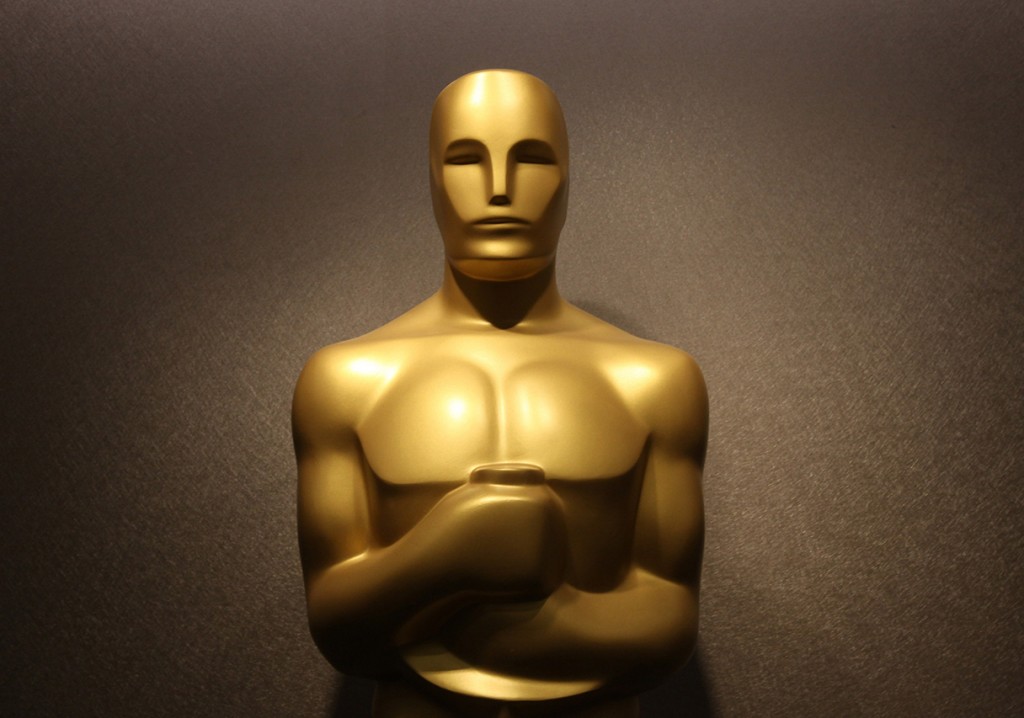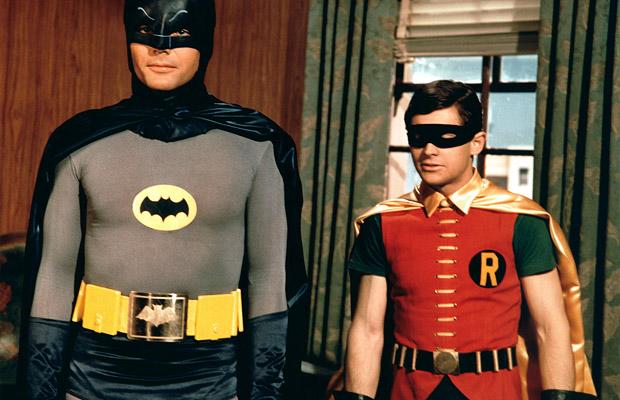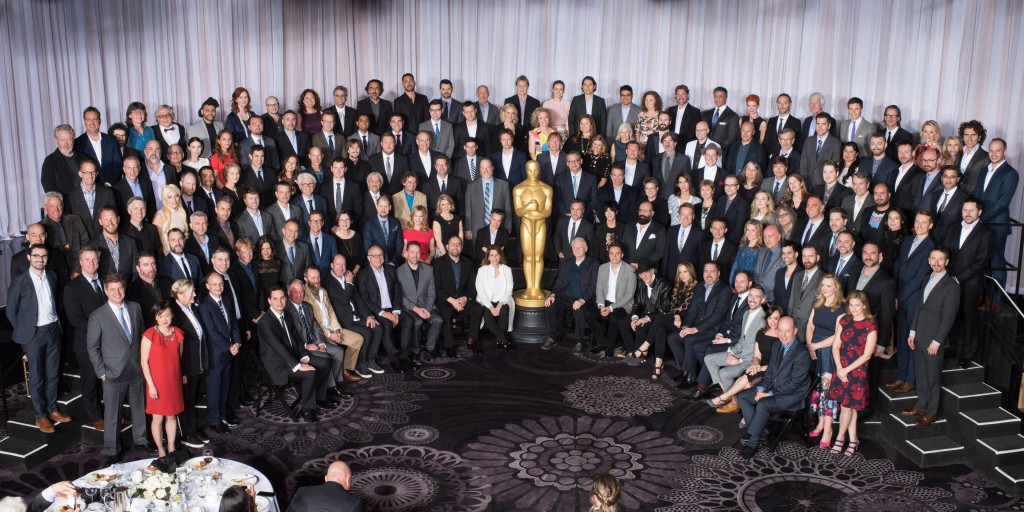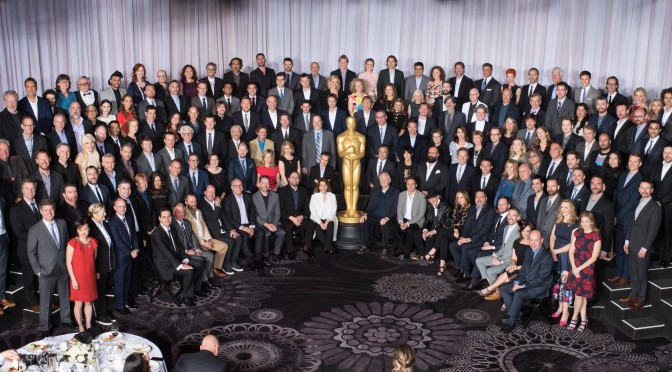Some events repeat almost in loop. Like some sort of prolonged version of Groundhog Day, we end up going over the same events time and time again in an almost perfect reproduction of the previous year. People are always surprised by how cold it gets in the winter, surprised about how hot it gets in the summer, and surprised some people can’t accept that Climate Change can explain both. Everyone gets really nervous about their taxes, pay them, and then conveniently forget about them for the rest of the year. Your birthday comes and you suffer the same existential dread (or apathy) as you did the year before. And, of course, the internet finds reasons to be pissed off about the Oscars.
There are really only four types of people when it comes to the Oscars: those who don’t care, those who are confused why other people are angry, those who understand but watch anyway, and those who get angry about it. It’s not to trivialize the fact people are angry – it’s just a fact. A few years ago people were angry because The Dark Knight didn’t get a Best Picture nod. A couple years ago others were angry that Kathryn Bigelow was snubbed for Best Director. And these last couple years? People suddenly started to notice that the nominees couldn’t get whiter without being struck by lightning.

And, every year, people start to write up these pieces about the newest flavor of Oscar rage. On the one hand, it’s valid to write about whatever makes you angry – in fact, I’d encourage it. On the other hand, rarely do you ever see anyone actually connecting the dots and recognizing the truth of the matter. Each new year comes with new think pieces about what’s wrong with the Academy and each time they come to a conclusion that really only deals with the current issue. As someone in one of those aforementioned articles said this time around, “The Oscars used to just be out of touch, now they’re almost certainly racist.” It just seems to be agreed on that the Academy finds new ways to screw up each year.
But that’s where I disagree, because the longer I look at it the more I realize something: there isn’t a new problem with the Oscars every year, it’s just that the exact same problem is being seen from another angle…
One Problem To Rule Them All

Statements like that one from the aforementioned article approach it as if these issues are all mutually exclusive. I could forgive people for not seeing how The Dark Knight snub and the lack of diversity are the same problem, there was a total of one black man in TDK. But the truth is that these problems all stem from a single issue that never stopped being around. It’s not like the Academy nominated more black people in the years where they were just considered “out of touch”. Nor was it that they’re suddenly “in touch” now that they’re being called out for their lack of diversity. The issue is that they lack diversity because they’re out of touch.
When you look at the full range of award shows, you find that the people who are currently involved in the making of or active viewing of movies tend to have a much more diverse pool of nominations. On the year that Kathryn Bigelow was snubbed by the Oscars she was nominated by just about every guild and critics association and won several of them. Most minority productions and actors have similar results with most of their major nods coming from critics. The reason for this discrepancy is easy to figure out: a good portion of Academy members don’t regularly watch watch or make new movies anymore. In fact, it could be argued some of them don’t do much of anything after 2 in the afternoon.

Part of this is due to the process of how the Academy is formed. Getting into the Academy requires being brought in by invitation from the members. But one thing you need to realize is that this ends up being the root cause of all of their problems as far back as the Academy started. Each person who gets brought into the Academy has to be invited by a sponsorship of two members and once you’re there you have a lifetime membership. What this often means is that many of the people who are in the Academy now have either been retired for some time or had their later works bomb miserably. But their new members? Those are people being invited based on their perceived value by the old members. And the old members are going to invite people who make the kind of movies they’ve liked. Given the fact that this is a field where your work reflects your preferences, this means most new members dovetail closely with the preferences of the old members.
This leads to a great deal of stagnation and any adaptation that happens in the Academy takes at least a generation to happen. Need to see proof of this timetable? Look at Tron.

Tron, while not a great movie (though still fun), was way ahead of its time as being the first film to extensively use CG in its production. Though the models were simplistic and the designs were a little dumpy, the overall production was cutting edge for the era. Everyone thought this would be a shoe-in for best visual effects because literally no one was doing what they were doing at the time. As the nominations rolled around, Tron was snubbed and people wanted to know why. The Academy’s answer? They believed Tron had cheated by using a computer to do the work because, at the time, none of them had any idea how much work went into doing CG effects. Decades later, movies like Avatar are nominated for Best Director, Best Art Direction, Best Cinematography and Best Visual Effects. The difference? The people who were making films at the same time as Tron are now members of the Academy.
The same holds true for a lot of problems. Every adaptation and movement in this organization will take a solid one or two decades to fully take hold. Despite all of the talk about how The Dark Knight was snubbed merely because there wasn’t enough room for it, the truth is probably a lot more simplistic. At the time the people making these decisions happened to be actually making movies, Batman films looked like this.

Or this:

And a lot of them weren’t really watching that movie because they wrote it off without giving it a chance. In fact, for the most part, many stories of snubs behind the scenes end up involving how few of the Academy members actually saw the movie they snubbed. When Selma was snubbed just last year, many insiders and curious reporters discovered that the number of Academy members who actually saw Selma were an ironic minority in the Academy itself. Many of these people don’t watch new movies anymore unless they think it’s required of them. In other words, for an organization that judges the artistic merits of film, they don’t really watch many unless they think the film has a chance of winning.
This is a self-fulfilling prophecy, however. If they don’t think it’s going to win, they’re not going to watch it, and thus it’s not going to win. Some of these people are busy, but others are just spending their golden years in the industry satisfied with being detached academics – focused more on the “artistic merit” than the actual quality. In fact, this detachment is so prevalent that, according to a recent study of the scores on Rotten Tomatoes, the Academy and Critics only agree about 26% of the time.
So what you have here is an organization that lacks diversity, is slow to change, slow to adapt, and bases their judgments on their experience from 20 years ago rather than today. They aren’t fully up to date on movies anymore, they only invite people who make movies they already like, and they get a lifetime membership regardless of what they do after they get in. Given that structure, what once was just slightly detached has now become completely detached. If your organization is already a generation behind and only recruits within certain parameters, each generation there after is going to become more niche and what lessons are learned will be ancillary at best.
So considering this narrowing, you can basically trace back all of the decisions made by the Academy to their roots and find very little deviation over the last 88 years. I assure you that it was no accident that The Artist won in 2011 as it was basically about everything the Academy was founded on and they haven’t left that era since. In fact, given this recruitment method and complete detachment from the industry consistently since the 1920s, we should probably consider ourselves lucky that they haven’t nominated anyone in black-fa-…

To be fair, Tropic Thunder was making a point about how ridiculous and wrong it was for white actors to do something like this. But it still stands that, despite the fact some still found it distasteful, the Academy totally nominated someone in black-face within the last decade and some could argue he only lost because the winner died.

So you want to see some real change in the Academy Awards? It’s not enough to just demand diversity within their ranks. Don’t get me wrong, that’s a good step, but that’s not going to leave a lasting mark on the industry until 2036. It’s also not enough to demand recognition for films after they’ve already snubbed them (after all, it’s not like they’re going to nominate it next year). To get change out of the thing and get it to line up with the rest of the world, there have to be changes not just in terms of who gets membership but how that membership works.
It’s understandable to see diversity issues as first and foremost, but the problem is that any change will take forever without radical updates of how their memberships work. Get more minorities into the Academy? They could take decades to filter in representatives from each of the disenfranchised groups. All the while the older members will still go on watching movies they could have made themselves in between their midday nap and their early bird dinners.
What I’ve grown to believe is that there are two key changes that need to be made to this structure before any of it will ever see any lasting change.
First, make it easier to get people into the Academy itself. The current method of sponsorship from within or an existing nomination means that you can really only get in by impressing people who are clearly set in their ways. Opening up membership to people who’ve won awards from another major awards show would be a good first step. Picture for a moment what would happen if the Academy considered letting in winners of the Image Awards rather than just the Oscar and you’d quickly register how big a change this would make to their membership. I understand why they would only want to recognize people that they’ve been impressed by, but by now they should have an idea that they might be missing part of the market.

Second, give them a damn quota so they can’t just sit on their asses and keep their position. If you force them to stay active to maintain their membership, you’ll actually get them exposed to more than the movies they would have watched already. Right now, the Academy members don’t really have a way to be “fired” from the thing. One of the biggest problems with the organization changing is that memberships are permanent and have no real requirements to them. If you have them maintain this membership rather than simply sit on it, then not only do you keep them involved but anyone who refuses to stay involved (for whatever reason) will eventually be flushed out.
I understand that it would be nearly impossible to watch every movie made in a year, but that’s not what I would consider a reasonable quota. The fact of the matter is that a big part of how a movie gets an Oscar is by spending quite a bit of money to get a film in front of the Academy for nomination. After that point, there’s been polls showing that a small but significant portion of them don’t even watch all of the nominees. So making sure they’re an active part of the viewing audience would go a long way to ensuring they know the films are out there.
By doing both of these, you’d speed up the turnover and change their demographics faster than they currently do. As a result, they might, just might…
Finally leave the 1920s.
(I write novels, this blog, and I’m starting to get into screenwriting. But until they start nominating tweets, I’m probably never going to win an Oscar. I assure you, I’m perfectly okay with this.)







